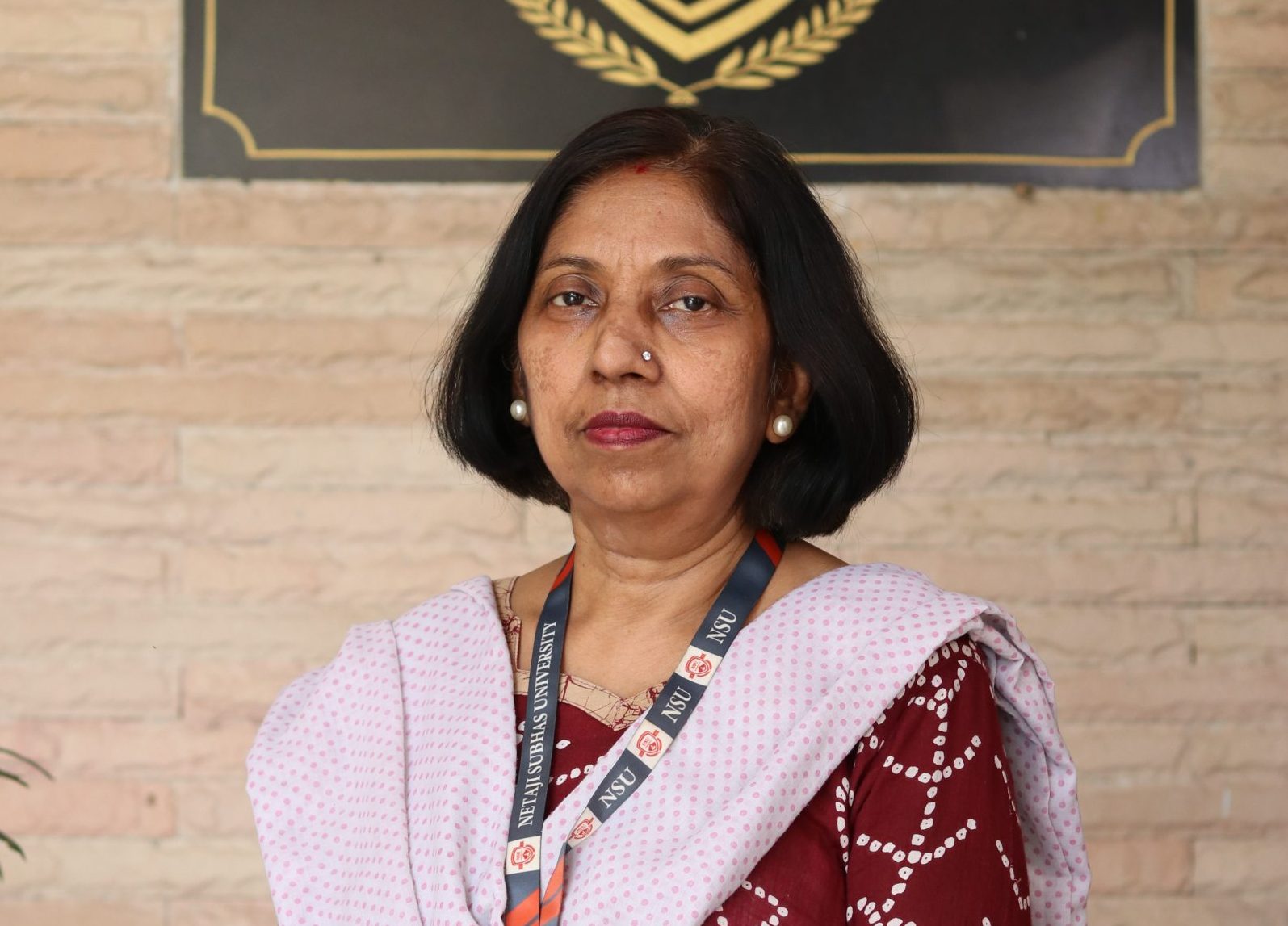Admission Helpline
1800-8899-022
0657-223-3022
24x7 Helpline
1800-8899-022
+91 87095 55032
1800-8899-022
0657-223-3022
1800-8899-022
+91 87095 55032
The Bachelor of Arts in Economics program at Netaji Subhas University is designed to provide students with a strong foundation in economic theory, quantitative methods, and applied economic analysis. The program helps students understand how economies function at local, national, and global levels, while also cultivating critical thinking, statistical analysis, and problem-solving skills.
The curriculum covers key subjects like microeconomics, macroeconomics, public finance, development economics, international trade, and econometrics. This well-rounded approach prepares students for successful careers in finance, public policy, banking, education, and data analytics.
Why Choose NSU for B.A. Economics?

Graduates of B.A. in Economics have excellent career prospects in both public and private sectors. The program opens pathways into banking, finance, research, policy-making, analytics, and academics. It is also a strong stepping stone for higher studies like M.A. Economics, MBA, Data Science, or UPSC and Indian Economic Services (IES).
Those interested in public policy or economic consultancy can work with think tanks, NGOs, and international organizations. Corporate sectors increasingly seek economics graduates for roles in business intelligence, market research, and strategic planning.